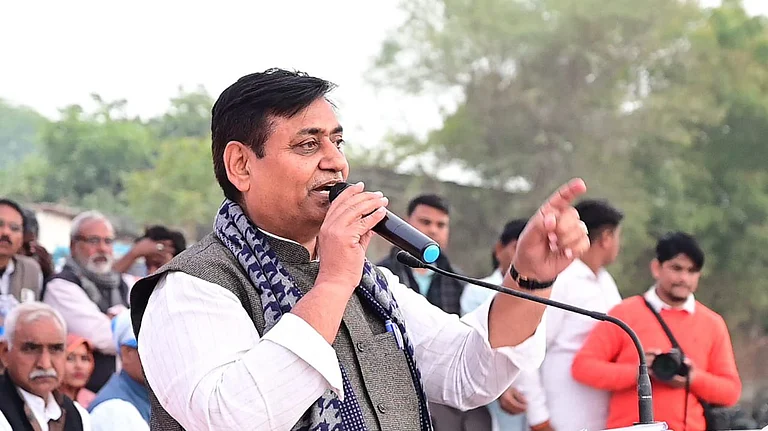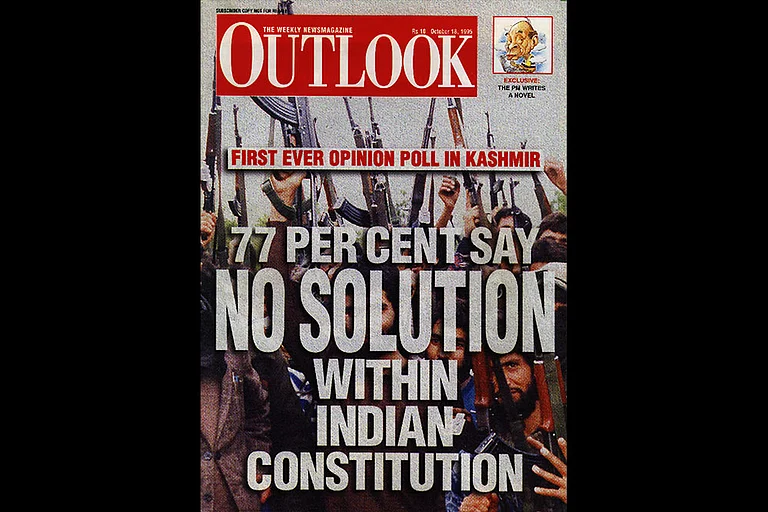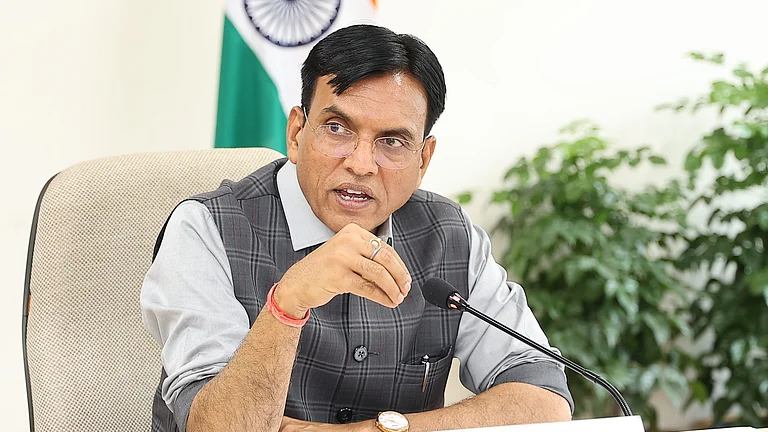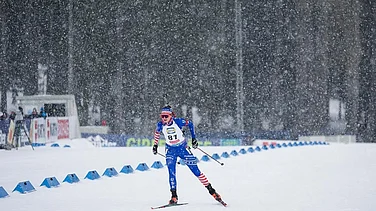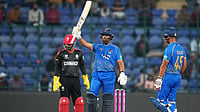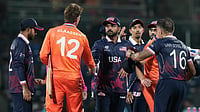
National Sports Governance Bill was passed in the Parliament on Tuesday
The new bill will have accountability in place through a National Sports Board, a National Sports Tribunal and the National Sports Election Panel
Check the timeline
The path-breaking National Sports Governance Bill was passed in the Parliament on Tuesday, completing a journey that began more than a decade ago and involved several ups and downs for the stakeholders who were pushing for this structural reform.
It will become an act after the presidential assent, which would not take long, and India will join powers like the USA, UK, China, and Japan which have laws in place for streamlined administrative set-ups.
It all began in 2011 when the then Sports Minister Ajay Maken came with the basic framework that talked about setting some benchmarks for the country's much-criticised sports administrators.
Accused of indulging in power struggles, infighting, and financial misappropriation, the administrators have also been criticised for showing a distinct lack of intent to overcome any of these issues.
But with the new bill, accountability will be in place through a National Sports Board, a National Sports Tribunal and the National Sports Election Panel.
All of this took shape over months of dialogue that current Sports Minister Mansukh Mandaviya undertook with stakeholders, soon after taking charge last year.
Here's a look at the timeline of how the code turned into a bill with significant changes.
The Journey:
*In 2011, the Ministry prepared Draft National Sports Development Bill and placed it before Cabinet for approval. However, it was met with vehement opposition due to strict capping of age and tenure for administrators.
*In July 2013, the Ministry prepared a revised Draft National Sports Development Bill and placed it in public domain to invite suggestions and comments. However, this Bill was not pursued and a year later, the Delhi High Court upheld the Sports Code 2011.
*In 2015, a Working Group was constituted for re-drafting of National Sports Development Code, 2011. But the inclusion of Indian Olympic Association top brass in this group was challenged in the Delhi High Court as a case of conflict of interest.
*In 2017, a Committee was constituted under then sports secretary Injeti Srinivas, to prepare the '(Draft) National Code for Good Governance in Sports, 2017'. Olympic gold medal-winning shooter Abhinav Bindra, and other sports greats like Anju Bobby George, and Prakash Padukone, along with then IOA head Narinder Batra were among the members in the committee.
The Draft Sports Code was also challenged in the Delhi High Court, which ordered that committee's report be submitted to it in a sealed cover.
*In 2019, the Ministry constituted an Expert Committee under Justice (Retd.) Mukundakam Sharma to review the Draft Sports Code 2017 and "suggest measures for making it acceptable to all the stakeholders".
That same year, the Delhi High Court stayed the constitution of this committee, an order that is in effect till date.
*In October 2024, the Draft National Sports Governance Bill was released to the public for comments and suggestions. There were extensive consultation sessions held with the IOA, the National Sports Federations, athletes, coaches, legal experts and even private bodies that are involved in athlete management. The bill was also shared with the International Olympic Committee and international federations including World Athletics, FIFA, and the International Hockey Federation (FIH) among others.
The ministry received "over 700 responses" as part of the feedback from various stakeholders, including general public before it finally made its way to the Parliament.
*July 23, 2025: The bill was presented in the Lok Sabha.
*August 11, 2025: Sports Minister Mansukh Mandaviya reintroduced the bill in Lok Sabha with some amendments. It was passed after a brief consideration.
*August 12, 2025: The bill was moved for passage in Rajya Sabha, where it was passed after a discussion that lasted well over two hours.
The differences with Sports Code:
*Age Cap: While the Sports Code capped the age of administrators at 70, the new bill allows an office-bearer to complete his/her tenure if they were less than 70 at the time of filing nominations. A further relaxation of another five years has been made for contesting elections if the international statutes and byelaws allow for it in the concerned sports body.
*Tenure: The Sports Code allowed three terms with a cooling off period after two terms for the President and two terms for Treasurer and Secretary. The sports bill allows office-bearers (President, Secretary General and Treasurer) to serve three consecutive terms of a maximum of 12 years and remain eligible for election to the Executive Committee after a cooling off period.
*Executive Committee: The sports code had no provision for mandatory women's representation in the committee whose strength was capped at 15. The new bill mandates that at least four members of the EC must be women along with two sportspersons of outstanding merit.
*Regulatory Body: The sports code had no provisions for a regulatory body to oversee NSFs, leaving the power to recognise or derecognise in the hands of the sports ministry. But the sports governance bill outlines the creation of a National Sports Board which will fulfil this role.
*The National Sports Tribunal, which will adjudicate sporting disputes, the National Sports Election Panel to oversee polls in NSFs and the Ethics Commission were not a part of the Sports Code. All these bodies will have a significant role to play once the bill becomes an act.








